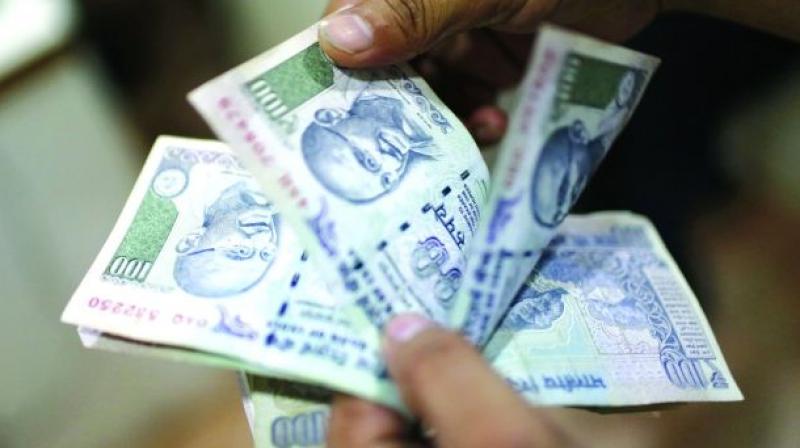Effects of note ban: More clarity needed

Prime Minister Narendra Modi’s many speeches and observations since he kicked off the demonetisation drive on November 8 have been mystifying in that the hardships faced by all sections of society have been inconsistent with the level of optimism his remarks sought to whip up. But none have been as puzzling as the ones he made at a clutch of functions in Mumbai and Pune on Saturday as the end of the officially notified demonetisation plan on December 30 is coming in sight. As is typical of him, Mr Modi once again launched a no-holds-barred broadside against his political opponents for criticising the delegitimising of certain currency notes, and proceeded to say that the poor would see the end of their hardships and the “corrupt” would face hard times.
None of this seems real. The poor have been soaked out as the informal economy, that provides the overwhelming bulk of jobs in India, has gone into a tailspin with the cash vanishing. And what’s vanished from the lives of the ordinary people is their hard-earned white money, and they have suddenly become jobless because employers are unable to employ people any more. It has to be seen to what extent the anticipated agricultural recovery caused by this year’s good monsoon has been neutralised by the demonetisation, but it’s abundantly clear that private investment — the real proper indicator of the Indian economy advancing — has been below par in the past two years, and made worse with the drive for cashlessness.
With the economy groaning and slowing by an expected two per cent, it is hard to visualise how the poor will benefit by Mr Modi’s much-touted recent drive to go without cash. And yet, without breaking his stride, the PM speaks of making India a “developed country” in one generation. Is the leadership taking leave of a sense of reality? It has also been promised that the “corrupt” will be in for hard times. How? And who are the corrupt when all the demonetised currency is back with the banks, suggesting there was literally very little “black money” — less than five per cent — in the form of cash.
All things considered, the high-voltage, promising-the-moon speeches, seems like talking up a policy that has taken a beating on the eve of important state elections. The whole notion of who the “corrupt” are can be swung around if the Supreme Court were to order an investigation supervised by itself into documents of the Sahara and Birla groups that have surfaced lately and are with the income-tax authorities. These appear to arraign some leading politicians of Gujarat, from the BJP as well as the Congress.

